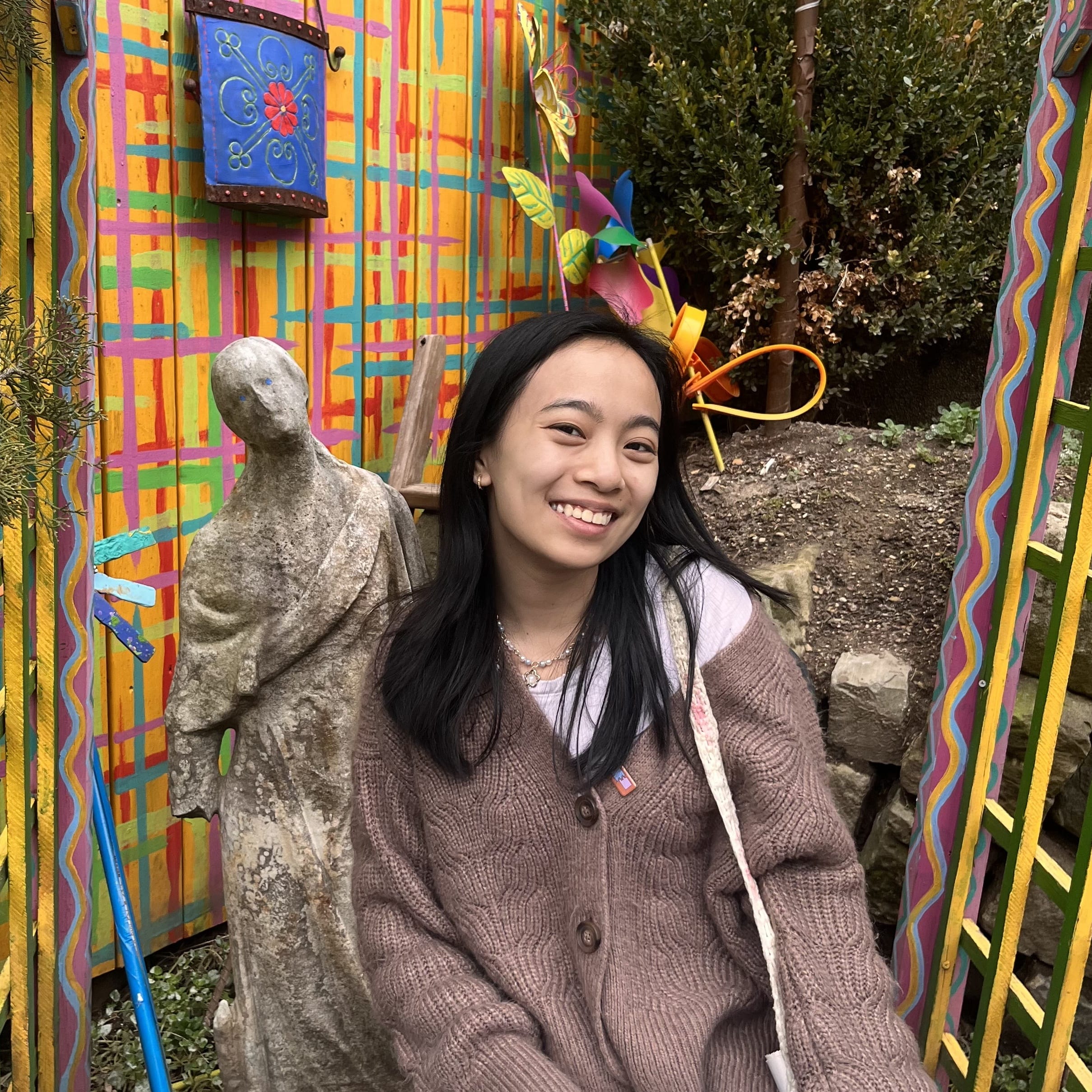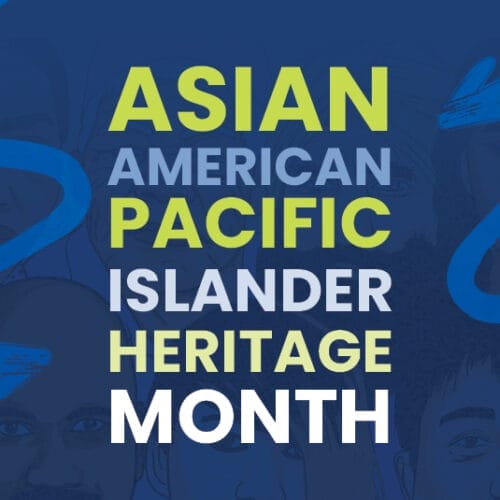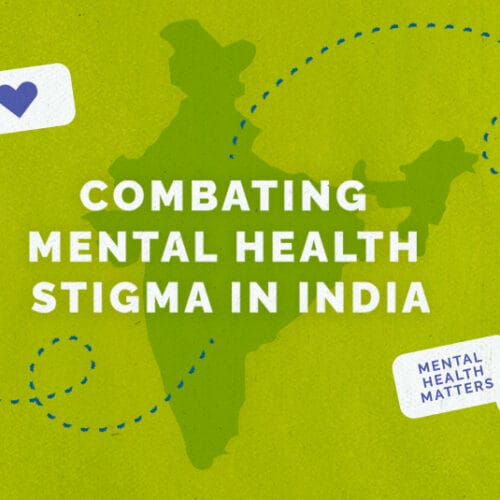The term “saving face” is something I have grappled with over the years. This phrase, originating from Chinese culture, refers to the effort to protect one’s reputation, honor, and dignity in social settings. While this concept is deeply ingrained in many Asian American Pacific Islander (AAPI) communities, it often creates barriers to discussing stigmatized topics like mental health. The fear of judgment or shame can make it difficult for many to be vulnerable and seek support. This phenomenon is not only prevalent in AAPI communities but also in many other minority cultures, which can further widen disparities in mental health awareness, access to care, and culturally competent resources.
Because of these cultural ideas, I was never exposed to mental health as a concept until I stumbled upon a mental health organization in high school. That experience opened my eyes to the power of advocacy. Over the years, I have worked on local policy initiatives, helped create and advise mental health programming, and volunteered for crisis text lines. I currently serve as president of my Active Minds chapter at the University of Pittsburgh and as part of Active Minds’ Student Advisory Committee, focusing efforts both locally and nationally. Advocacy takes many forms, from policy change to peer support, and I have come to see how each effort contributes to a larger movement.
One of the most transformative aspects of my advocacy journey has been finding the courage to share my story. Speaking about my own experiences with mental health was initially difficult because of cultural and generational expectations as a part of the AAPI community. However, I have realized that storytelling is one of the most powerful tools we have. Sharing my journey has not only helped me process my own struggles but has also allowed me to connect with others who feel isolated. These moments of connection — no matter how small — serve as the foundation of mobilizing change.
To me, mobilization means breaking the silence, creating safe spaces for conversation, and ensuring that mental health resources are both accessible and culturally competent. Many in our communities hesitate to seek help because existing resources fail to reflect their lived experiences. The stigma surrounding mental health often leads to silence, untreated conditions, and a lack of support systems. Addressing these challenges requires systemic change, increased representation in mental health care, and open conversations that normalize seeking help. We need to advocate for more therapists, organizations, and policies that prioritize culturally responsive care and acknowledge the unique experiences of marginalized communities.
By challenging stigmas and sharing our truths, we are championing a new era of mental health — one where vulnerability is not a weakness, but rather a strength. Together, as youth and as a community, we are reshaping the narrative of mental health for future generations.







